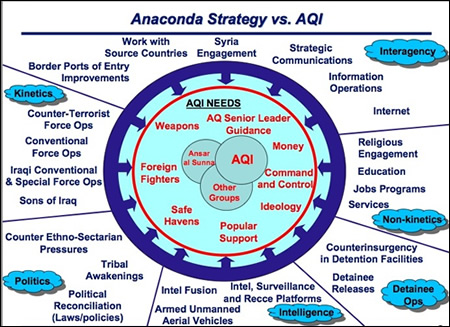After five years of conflict, 4,000 U.S. military deaths, $800 billion in military spending, and tattered relations within what once was called the “coalition of the willing,” General David Petraeus told Congress today that the results of the “surge” in Iraq were “fragile and reversible.” His statement, replete with charts, was as candid and direct as that of any U.S. official or political candidate this year in illustrating the dilemma facing the next Administration and the next Congress. Despite what candidates and opinion polls are now saying, beginning a rapid withdrawal of U.S. troops from Iraq without a durable security environment on the ground will provoke widespread misgivings and involve great political risk. Neither the public nor the candidates will want — regardless of what polls say today — to see a difficult situation become a worsened political and humanitarian catastrophe. Debating timetables during a political campaign is one thing, envisioning the real consequences of one's proposals quite another. 
Nothing illustrates this last truth quite so poignantly as the recent PBS “Frontline” documentary, “Bush's War,” which recounts the last five-plus years of our mismanaged occupation. The portraits that emerge of Cheney and Rumsfeld are particularly damning in showing this duo's willful push for war and disregard for post-occupation contingency planning. Cheney, Rumsfeld, Feith, Wolfowitz — the real architects of U.S. Iraq policy — are seldom heard from now as Petraeus tries admirably to deal with the consequences and Senators McCain, Clinton and Obama try to position themselves politically.
Foreign opinion, like the political situation on the ground in Iraq, is fragile and changeable. Right now the Arab street seems to favor Obama, according to the Economist, while Israelis like McCain. A very broad audience, at home and abroad, must be looking at our candidates with a mixture of expectation and hope. Taking the next steps in Iraq will not be easy.